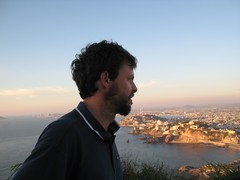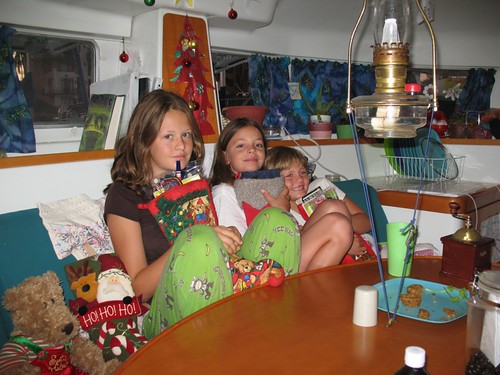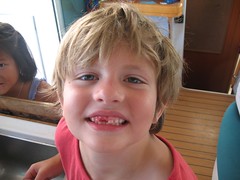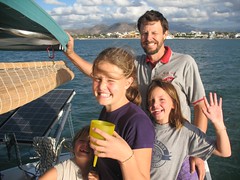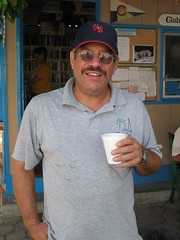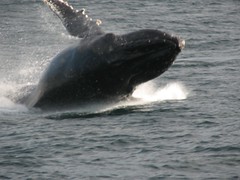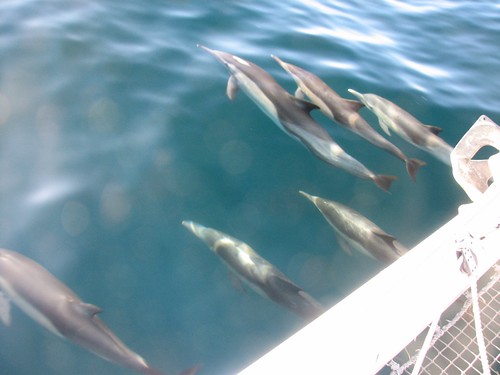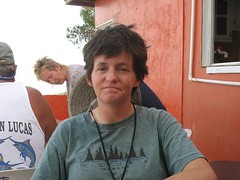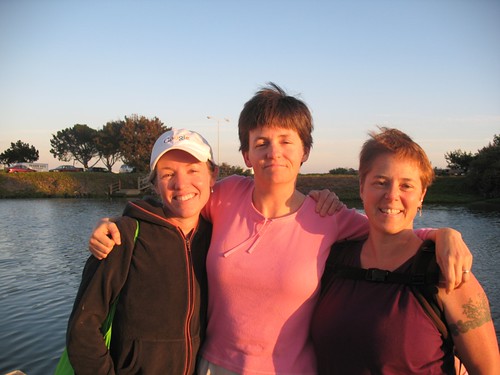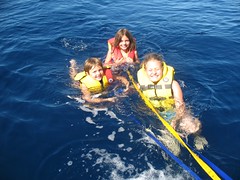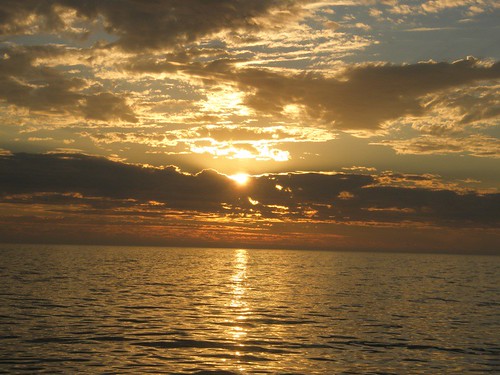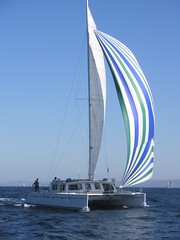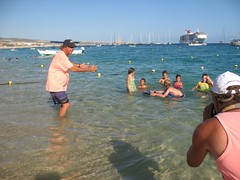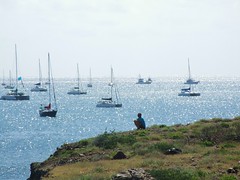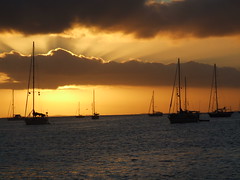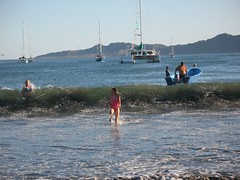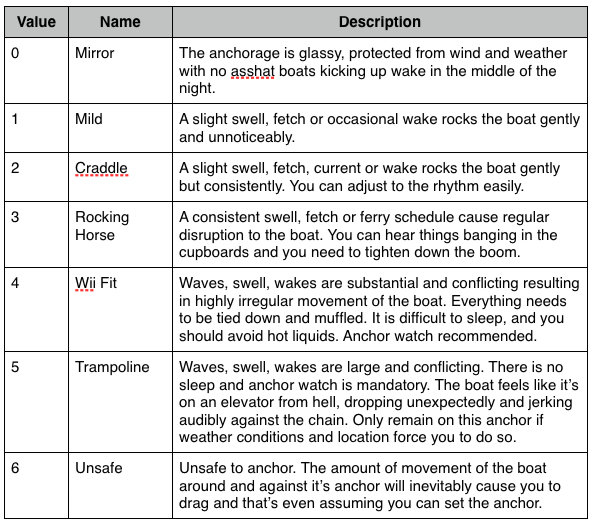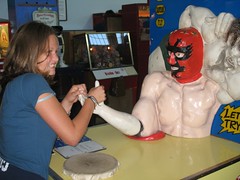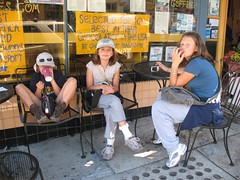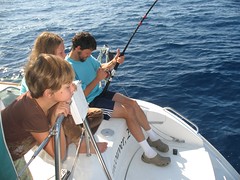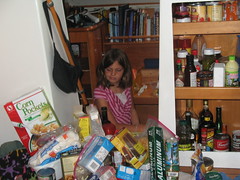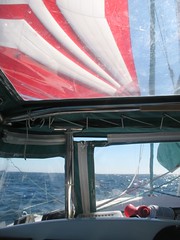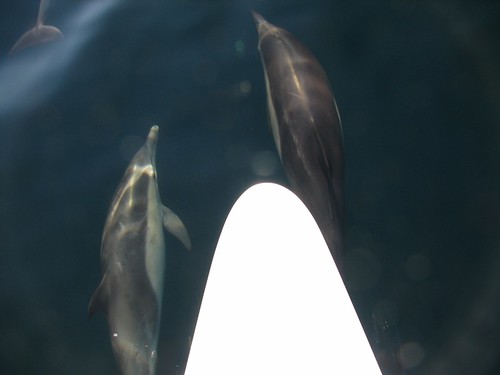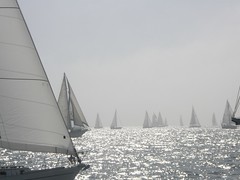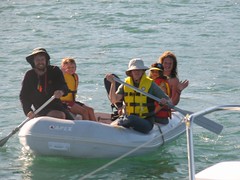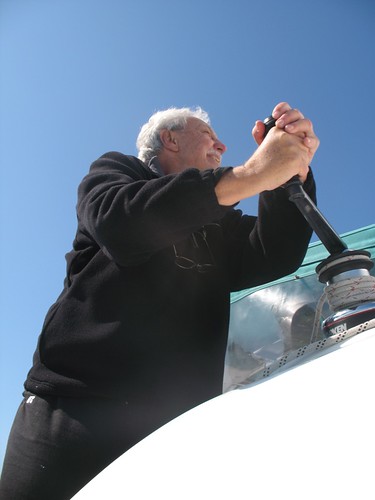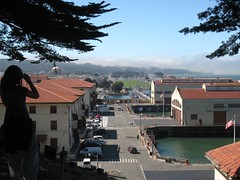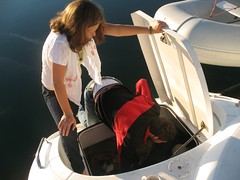The one holiday we do manage to celebrate with some degree of consistency each year is Yule. Also known as Winter Solstice, Yule is a new year celebration. If you have a scientific bent, it is a celebration of the longest night of the year, the shortest day, and the loop of the sun out of winter and towards spring. Those feeling more poetic can describe it as the death and re-birth of the Sun God.
Yule has been around for a very long time. Most of the traditions associated with the holiday are similar to the Christian holiday of Christmas that consumes the second half of December. Pagans and Christians can get into all sorts of chicken-and-egg battles over the various trappings of the end of year celebration; It does no good for a functional religious illiterate such as myself to weigh in on the subject. There are many great resources on the subject online if you care to do the research.
Probably the important thing to remember is that almost every major cultural group in the world finds a way to celebrate the longest night of the year and many of the activities we associate with Christmas pre-date the Christian church by hundreds -- sometimes thousands -- of years. For example, the "Romans celebrated the Winter Solstice with a festival called Saturnalia during which they decked their houses with boughs of evergreen trees and bushes. People gave each other presents, and all normal business was suspended and social distinctions were forgotten. Servants and slaves were given a feast by their masters who waited the tables. The Pagan Saxons celebrated the feast of Yule with plenty of ale and blazing fires, of which our Yule log is the last relic."* The Egyptians had some complicated Isis thing going on where she mourned the sun, and then the priests would come out in the middle of the night yelling about virgins and babies. But if you think that's weird, the one that makes me chuckle is a post-WWII Japanese tradition of waiting in line at KFC to get a bucket of fried chicken to feed the kids on the night that Uncle Chimney shows up with a million presents.
Of all the traditions, s/v Don Quixote's celebration is most like that of the Japanese. Traditionally, we would get a pizza delivered at about sunset. We "put out the hearth fires" by turning off the heat and all the lights. We gathered around a table in the living room, lit candles to the four elements as well a symbolic central home fire. We then wrote our regrets on small pieces of paper which we burned in the central flame. With no small amount of solemnity and giggling, we then put out the last of our hearth fires for the previous year, blowing out all the candles and plunging the family into darkness. Not even an ember carried our regrets into the new year. Every one settled down on cushions in the living room to sleep together until morning. At dawn, we would drive out to the West Seattle overlook and greet the sun with sun cookies and ringing bells.
That was then. Now, we do it differently. First, we can't put out the home fires... if we turn off our masthead light we are both wildly illegal and prone to getting run into by a drunk panga driver. Also, we don't have a living room. Probably most significantly, dawn is just a whole lot earlier in Mexico. So changes are necessary.
This year, we spent the day kicking around Mazatlan. In the evening, we climbed to the El Faro Lighthouse at about dusk. We cast our circle, burned our regrets, talked about what we want to take into the new year, then doused our little candle with a glass of wine. Then we tripped back down the hill. In the morning, we greeted the dawn with bells. Typically for our family, dawn was hidden in clouds. If we wait for the sun, this family will never get the new year started.
Whether you celebrate Christmas or Yule, Hanukkah, or Kwanzaa, the Conger family of s/v Don Quixote wish you a very healthy and happy new year. May you have fair winds, following seas, and the good fortune to enjoy the lights in the eyes of your loved ones.
* I found a great resource online about the history of Yule which I downloaded and quote from liberally. Unfortunately, the authors didn't put their names in the document, and I can't find it again to get the link. Such is the ephemeral and plagiaristic nature of the Internet.

